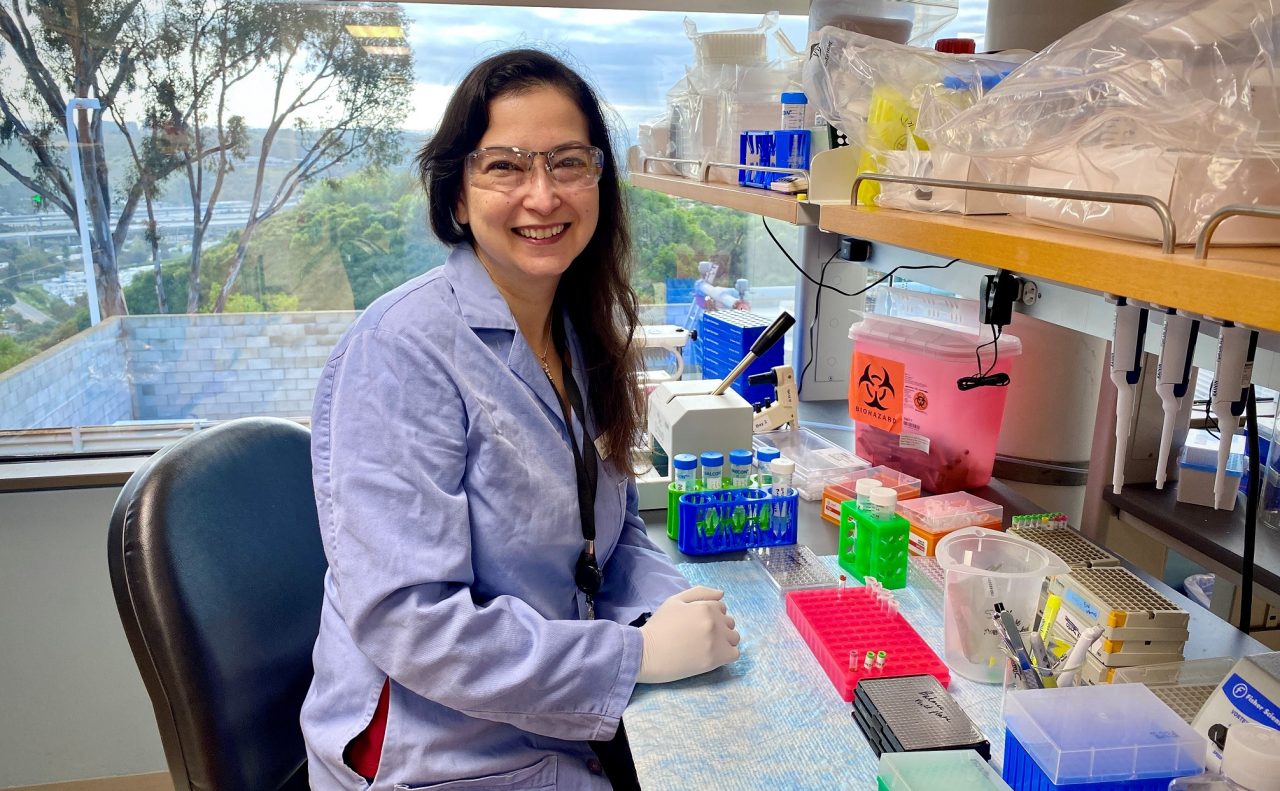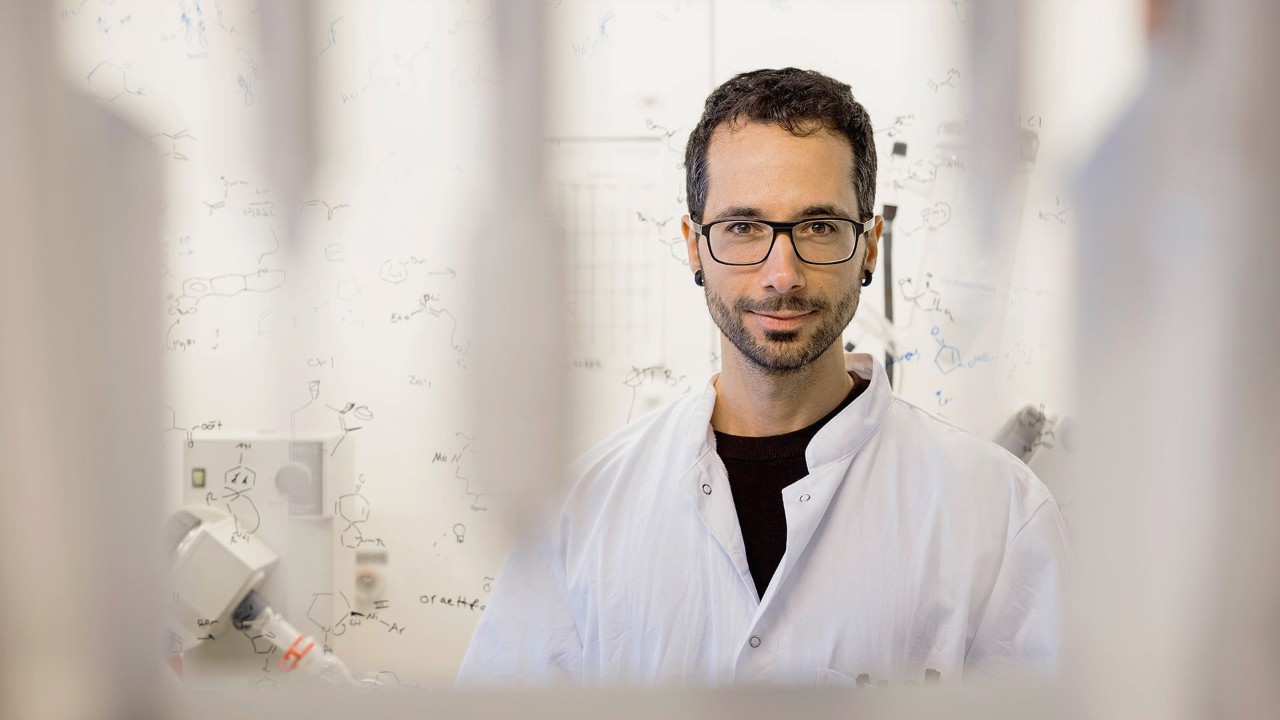

Brain Power: Meet Holly Reardon
I keep learning and growing
Through our Brain Power series, we introduce some of the passionate people fueling neuroscience innovation at Lundbeck.
Meet Holly Reardon, a principal scientist at our Lundbeck La Jolla Research Center in California. From a young age, Holly was hooked on science and she’s never looked back. The challenge of brain research keeps her always on her toes, but it’s the people who live with brain diseases who keep her focused on her pursuit of new approaches and breakthrough discoveries.
Can you briefly describe your focus at Lundbeck?
I am currently leading a project team aiming to discover a small molecule therapeutic to prevent progression of neurodegeneration.
When did you know you were interested in a career in science?
When I was about 9 years old, our teacher introduced our class to microbiology. The world of microorganisms living in a drop of pond water was just mind-blowing for me, and I never forgot that sense of wonder. I didn’t start to think about a career in science until high school, but it all goes back to that moment.
Why did you choose to work at Lundbeck?
I was an employee at Abide Therapeutics when it was acquired by Lundbeck [in 2019]. I appreciate the role of the Lundbeck Foundation in guiding the company’s mission and providing stability. We are in a challenging research area, so it’s reassuring to know that our organization has an unwavering focus on brain health.
What motivates you to come to work every day?
I think about the personal stories I’ve heard from people living with devastating brain diseases, and I’m motivated by the hope that our work will someday make a difference in their lives. On a day-to-day basis, I look forward to work when I have opportunities to be creative, to keep learning and growing, and to enjoy spending time with wonderful coworkers.
If you could solve one challenge in neuroscience research, what would it be?
As a field we have traditionally taken a reductionist approach to understanding neurological function, but the biggest challenge is in bridging the gap from biochemical and cellular mechanisms to whole-system function, especially in diseases that may take many years to develop. This is a particular challenge in psychiatric disease, because there is still so much we don’t understand about how different brain and sensory systems integrate to generate a thought, feeling, or behavior.
What does brain health mean to you?
Brain health is essential for people to live their most authentic and fulfilling lives. In my personal life, that means maintaining function through healthy diet, exercise and mentally engaging work. I also prioritize peace of mind and stress management through regular yoga and meditation practice. It’s important to remove barriers to brain health by finding new treatments for neurological and psychiatric diseases, and we need to work together as a society to remove stigmas around mental illness and improve access to care.
Is there an accomplishment or research milestone you’re particularly proud of?
During the pandemic I managed to do some of the best work of my career while juggling homeschooling my daughter through 4th and 5th grades. I’m not sure if that counts as a research accomplishment, but I’m proud of myself for getting through it (so far, anyway!)
What do you like to do outside of work?
I enjoy cooking/baking (or more accurately, I cook because I enjoy eating!), drawing and painting, and spending time in nature with my family. I’m also crazy about plants, and I have to actively restrain myself from spending way too much at the local garden center.
